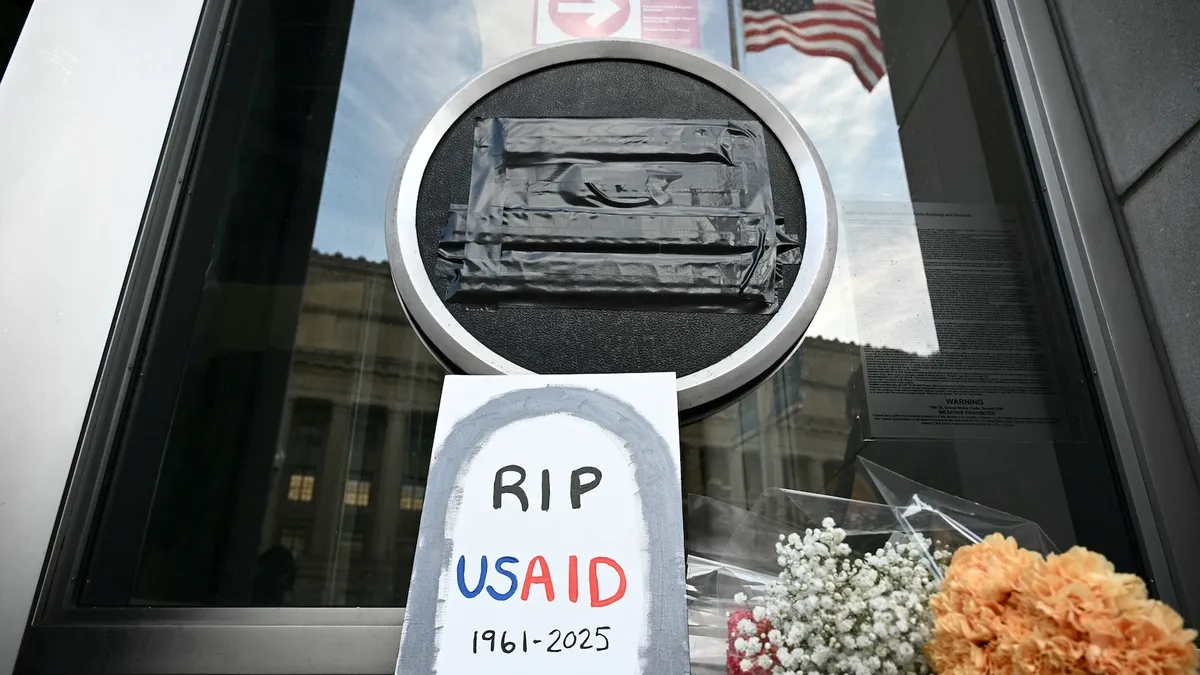
The U.S. State Department announced on Friday that it will officially close the U.S. Agency for International Development (USAID), marking a significant transformation in the landscape of American foreign aid. This decision is expected to deal a final blow to the beleaguered agency, which has faced increasing scrutiny and operational challenges in recent years.
In a memo distributed to USAID employees and obtained by ABC News, Jeremy Lewin, the agency's new deputy director, stated that the State Department intends to assume many of USAID's functions and ongoing programming. The memo emphasizes that the retirement of USAID's independent operations will be immediate, with an evaluation to determine if some officials will be rehired to manage the remaining life-saving and strategic aid programming.
This transition is aimed at enhancing efficiency, accountability, uniformity, and strategic impact in delivering foreign assistance programs. According to the memo, this approach will enable the nation and the President to present a united front in foreign affairs, ultimately streamlining the process of administering foreign aid.
As part of this significant restructuring, the memo indicated that all non-statutory positions at USAID would be eliminated. This move follows a broader trend initiated by the Trump administration, which has been criticized for its efforts to dismantle the agency. Notably, key figures, including Elon Musk's DOGE group, have led initiatives to reduce USAID's workforce, cut funding for over 80% of its programs, and even relocate its Washington, D.C. headquarters.
The decision to dissolve a federal agency like USAID is expected to attract legal scrutiny. Experts suggest that such a radical move typically requires congressional approval, raising questions about the legality of this dissolution process. Secretary of State Marco Rubio confirmed the administration's intent to sunset USAID, stating that foreign aid will now be managed directly by the State Department.
In his statement, Rubio emphasized the need to realign foreign assistance programs to better serve U.S. interests and citizens. "Thanks to President Trump, this misguided and fiscally irresponsible era is now over," he said. He assured that essential life-saving programs would continue while making strategic investments that strengthen both U.S. partners and the country itself.
Critics of the Trump administration's actions argue that dismantling USAID could severely undermine American influence globally and have devastating consequences for vulnerable populations that depend on U.S. funding for critical services such as health care, food, and other basic needs. The State Department, alongside USAID leadership, has reportedly notified Congress of their plans to reorganize some of USAID's functions within the State Department by July 1 of this year, setting the stage for a new era in U.S. foreign aid.